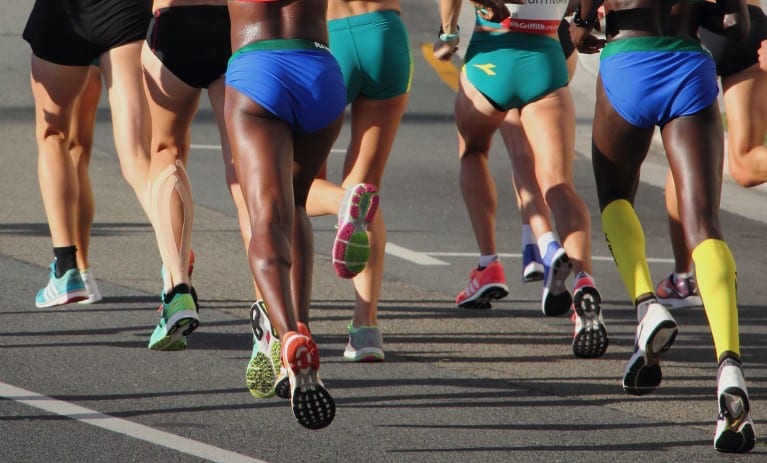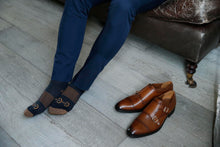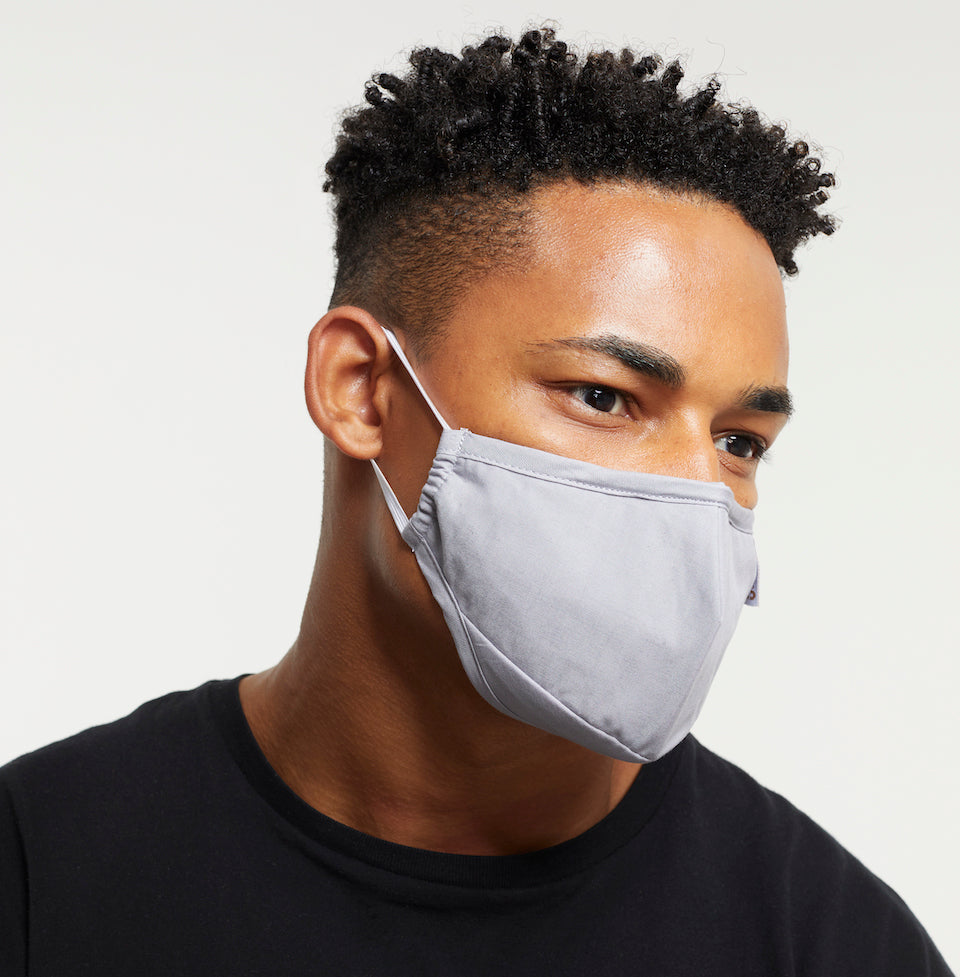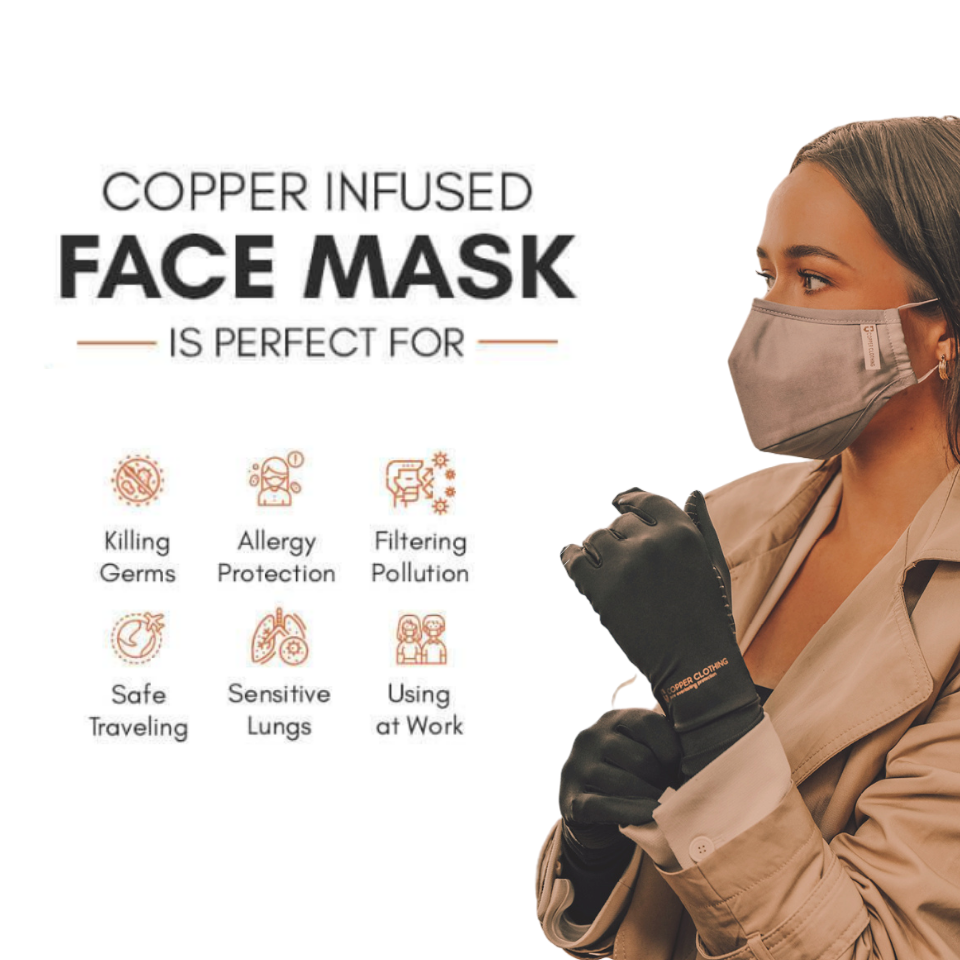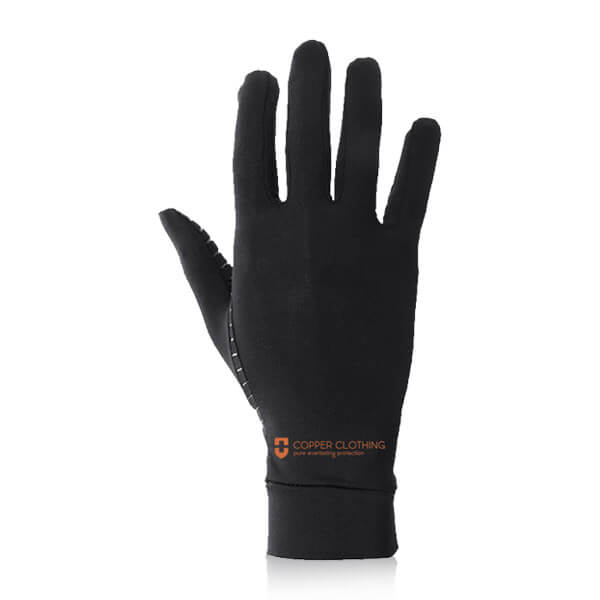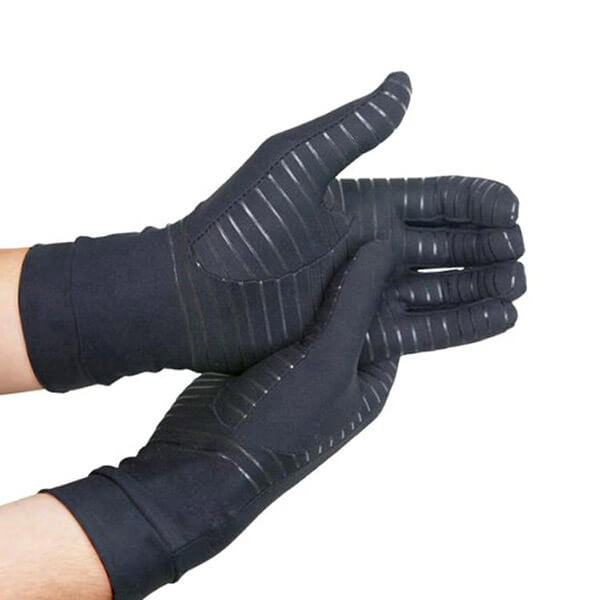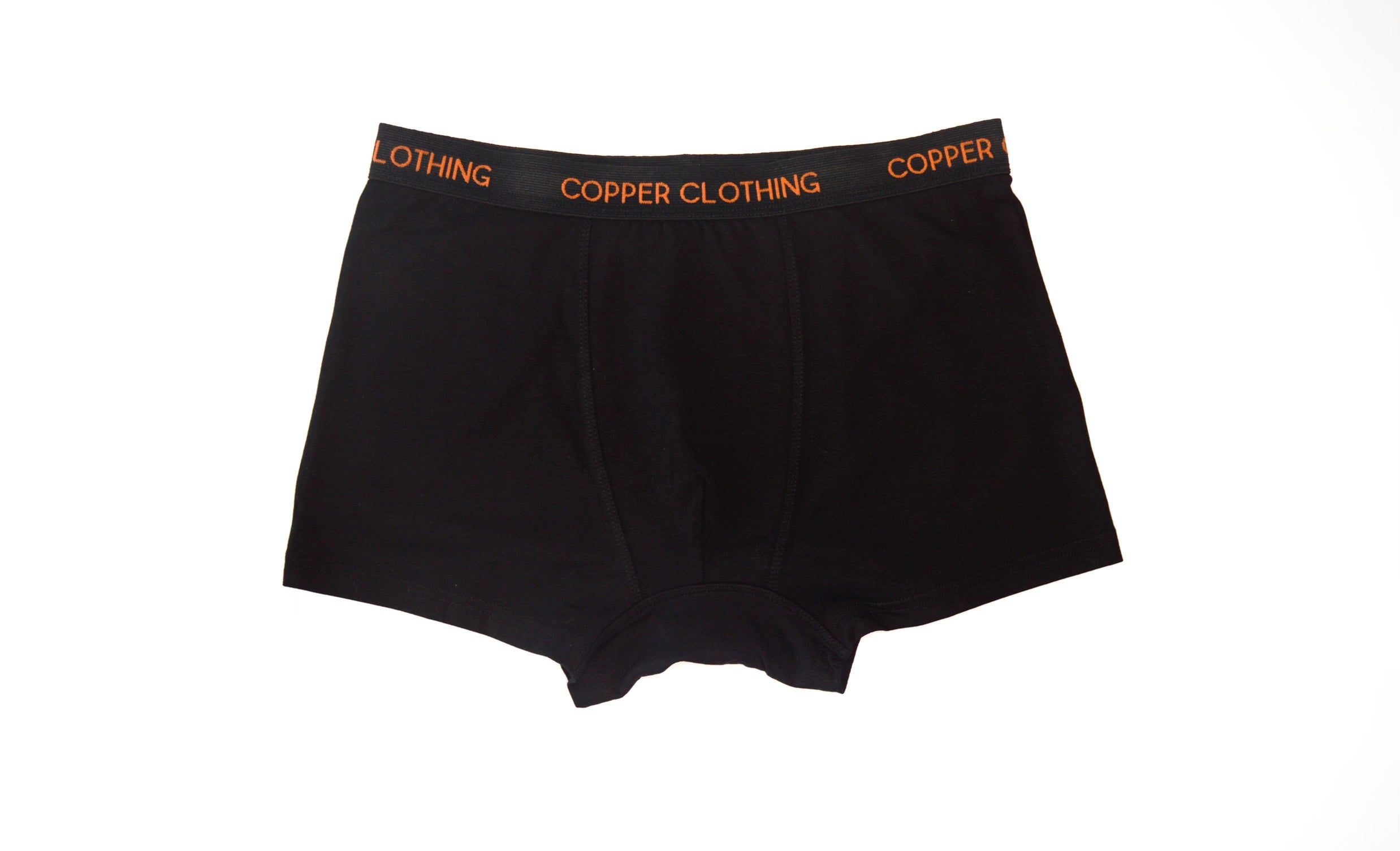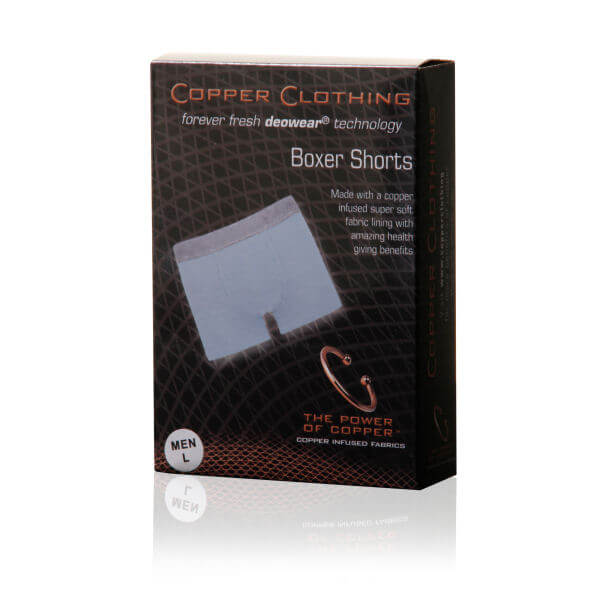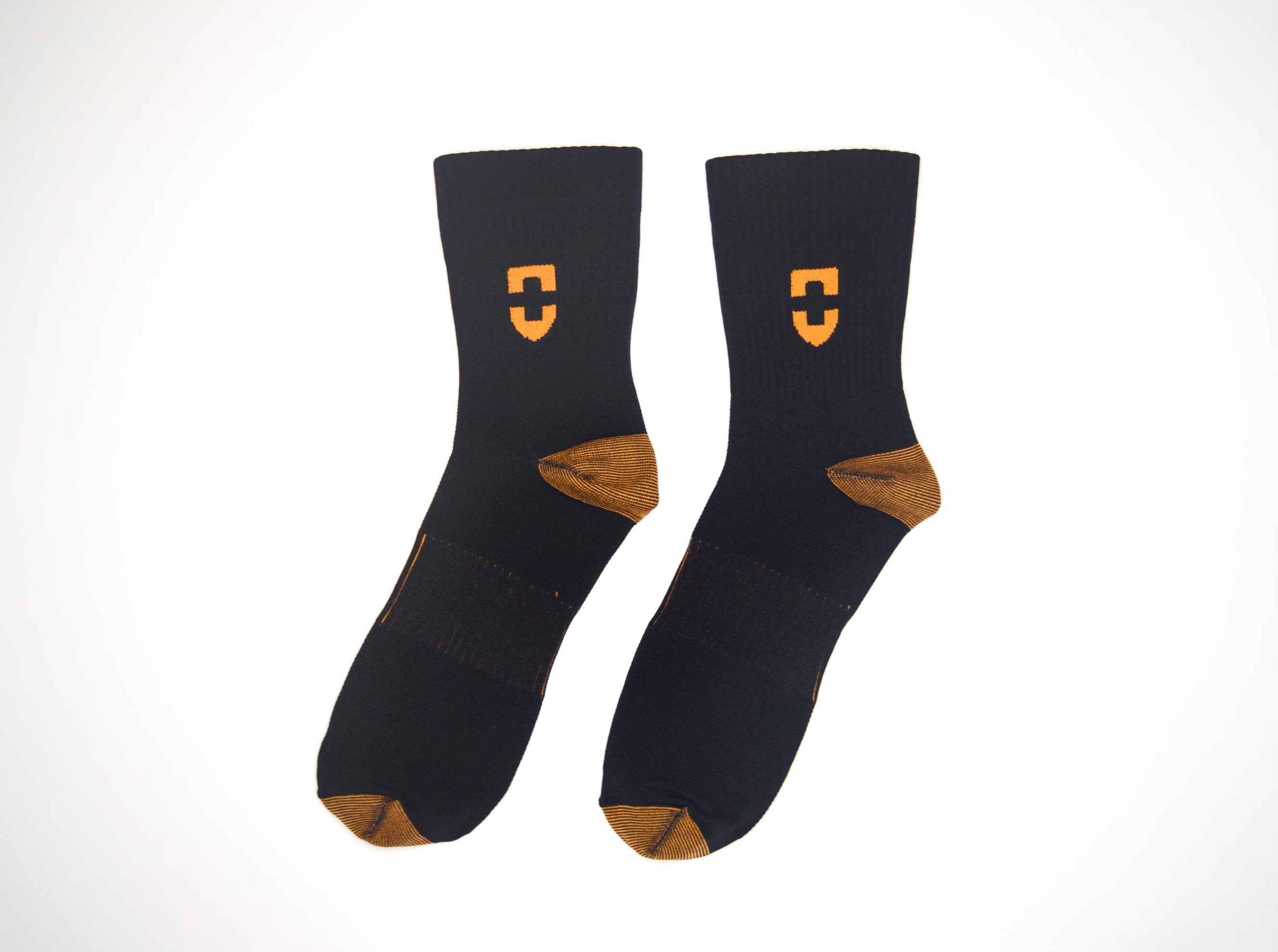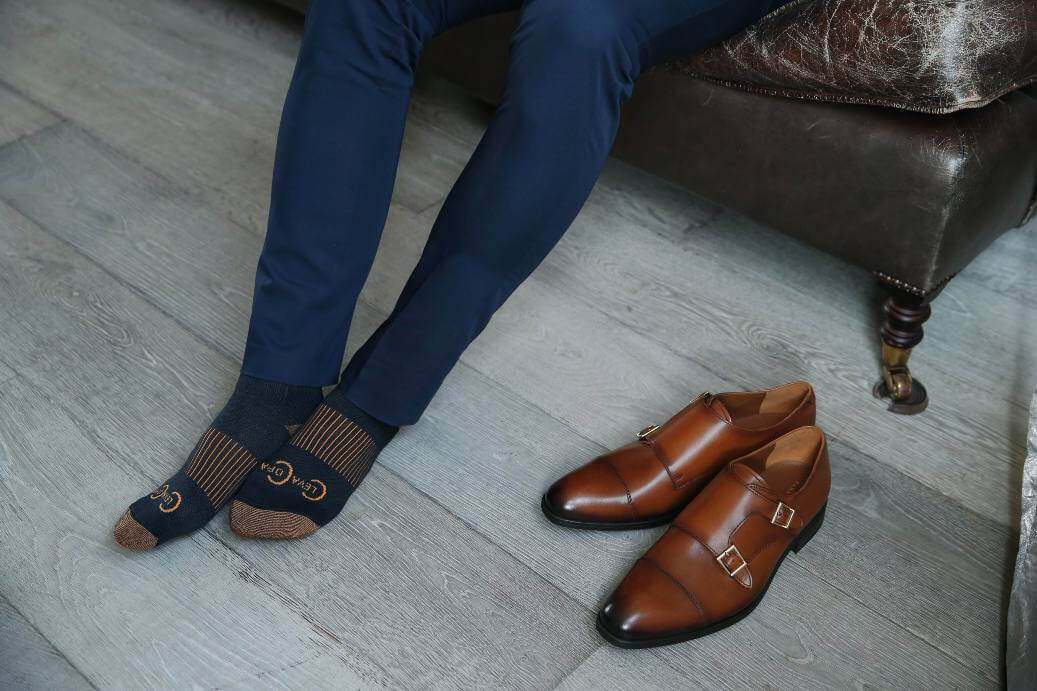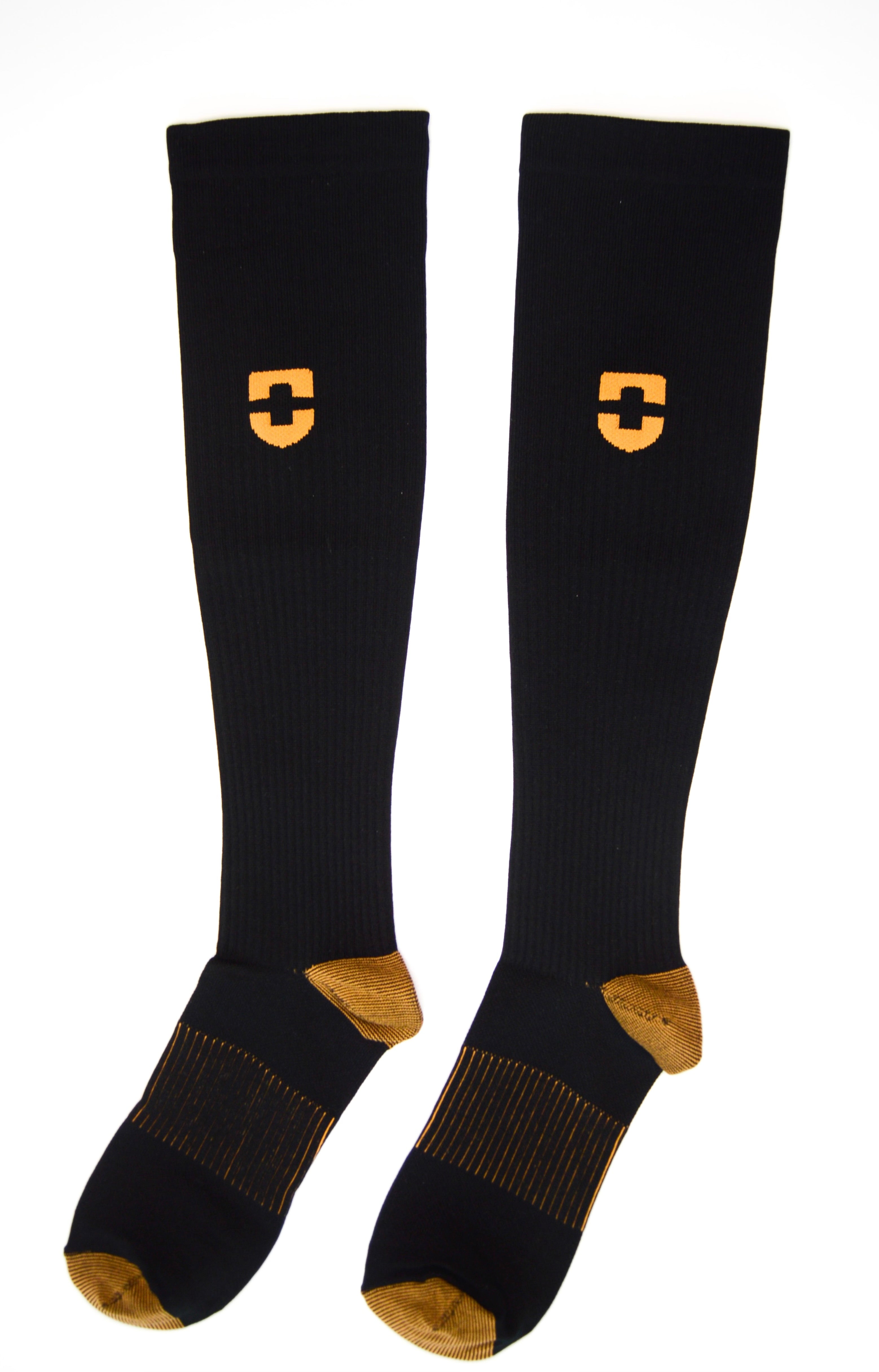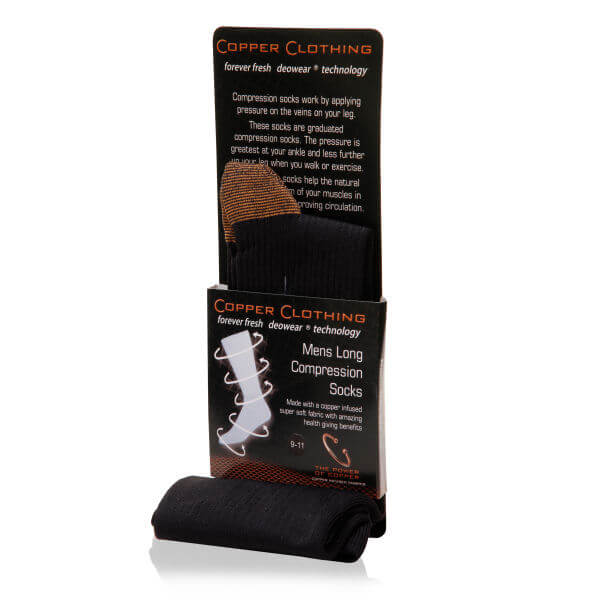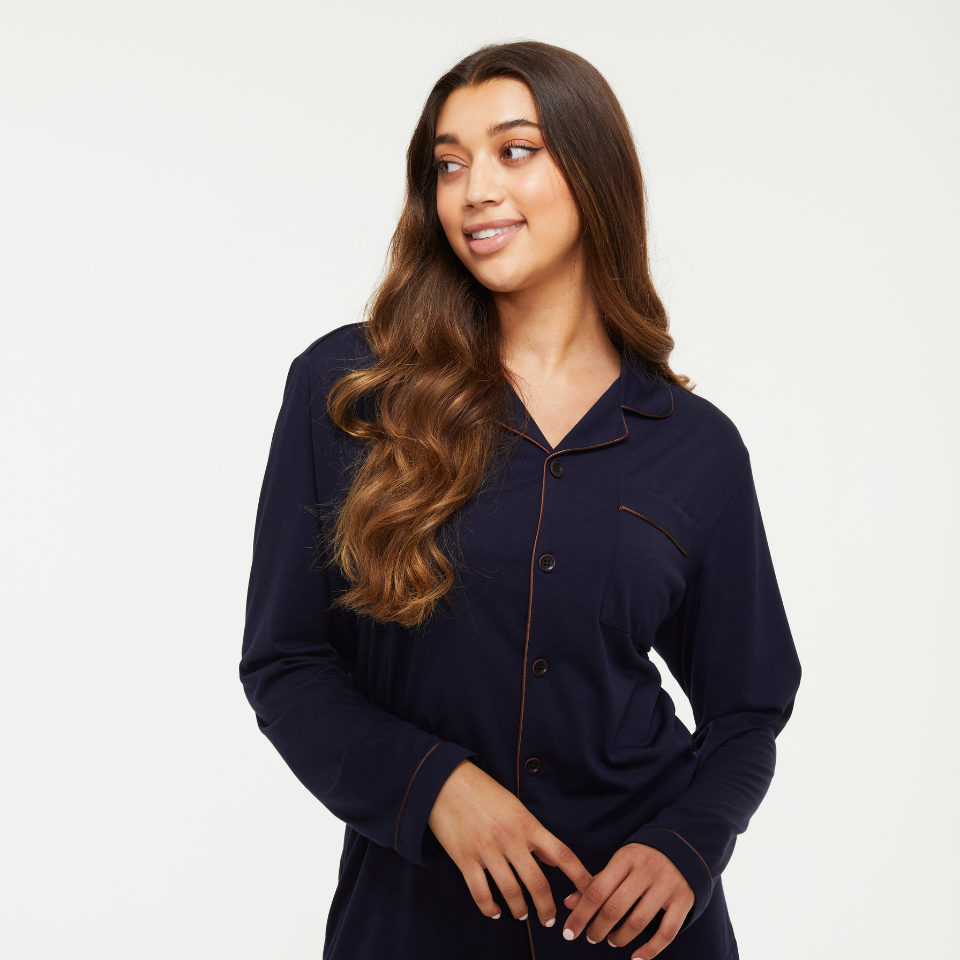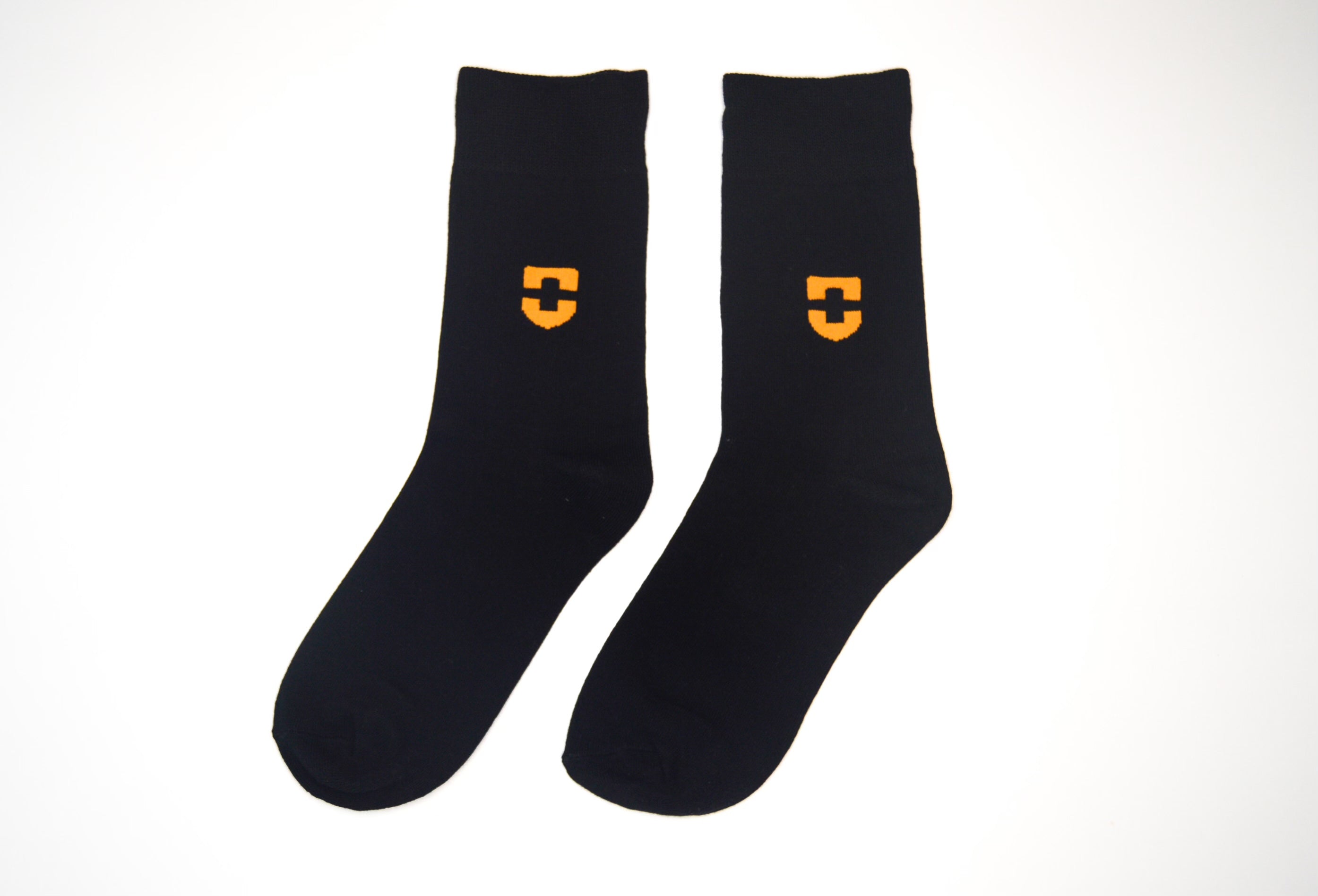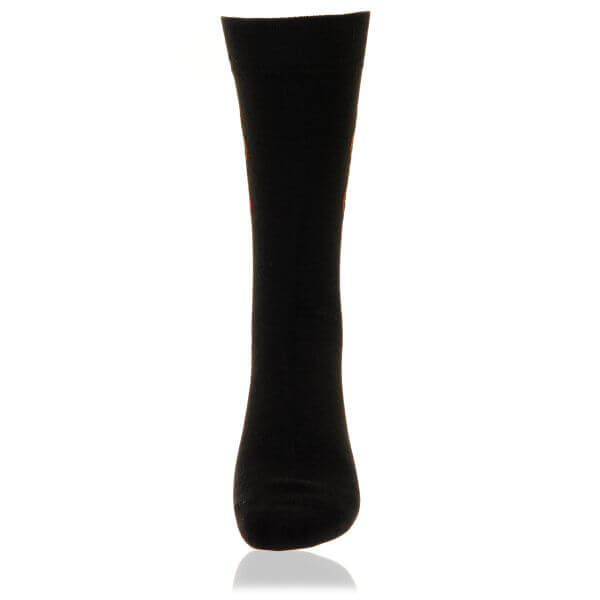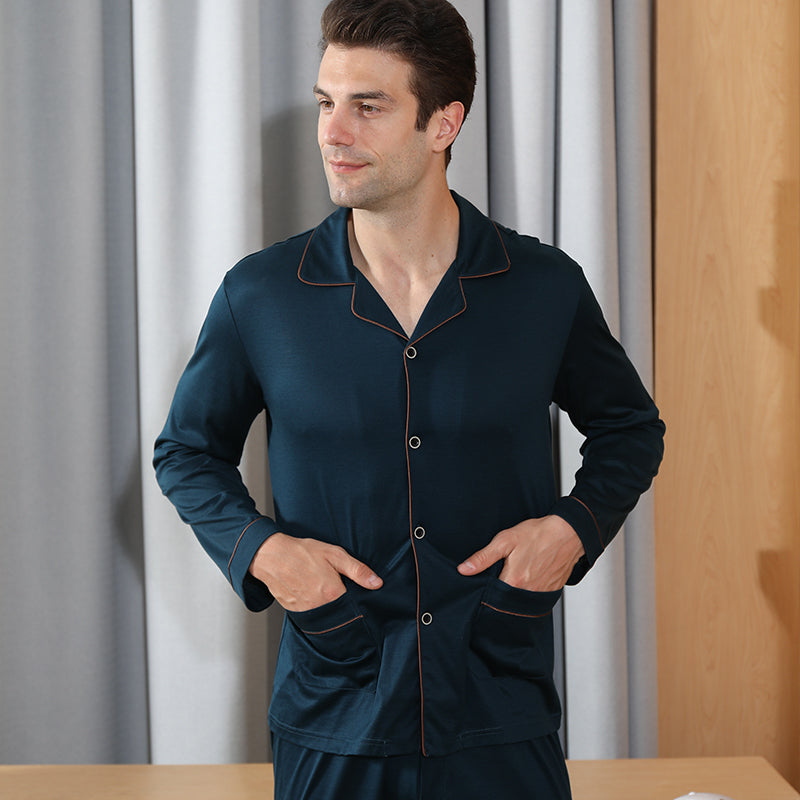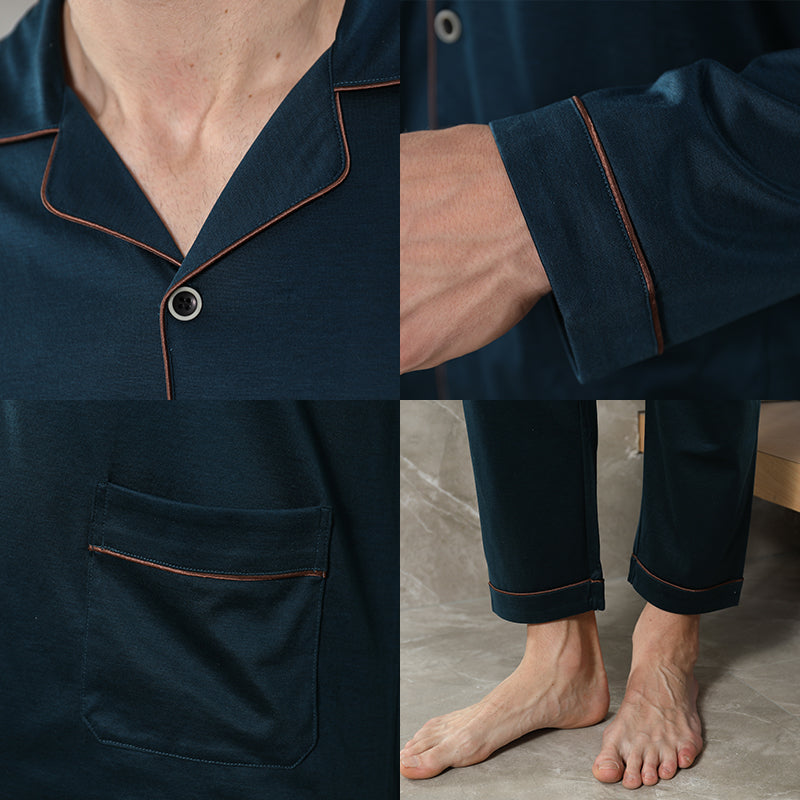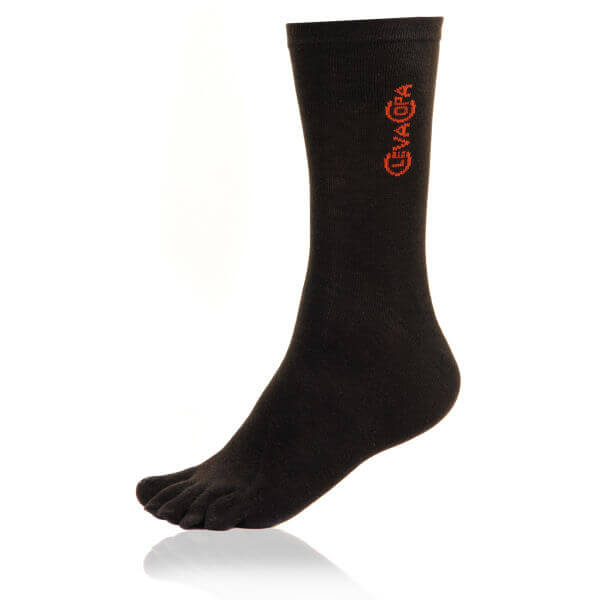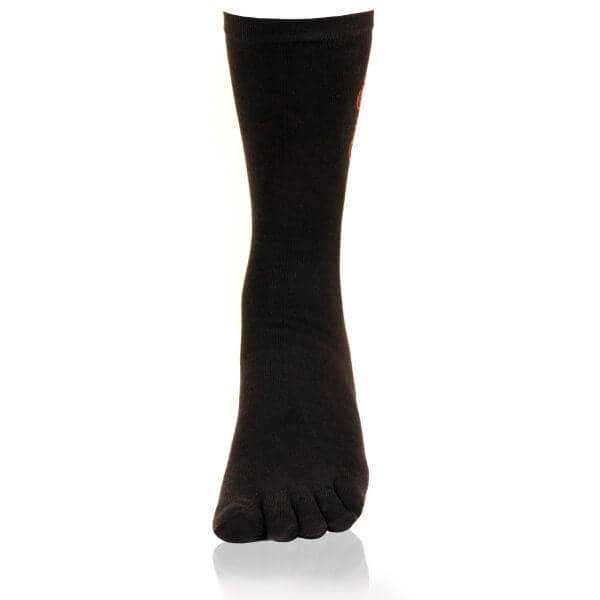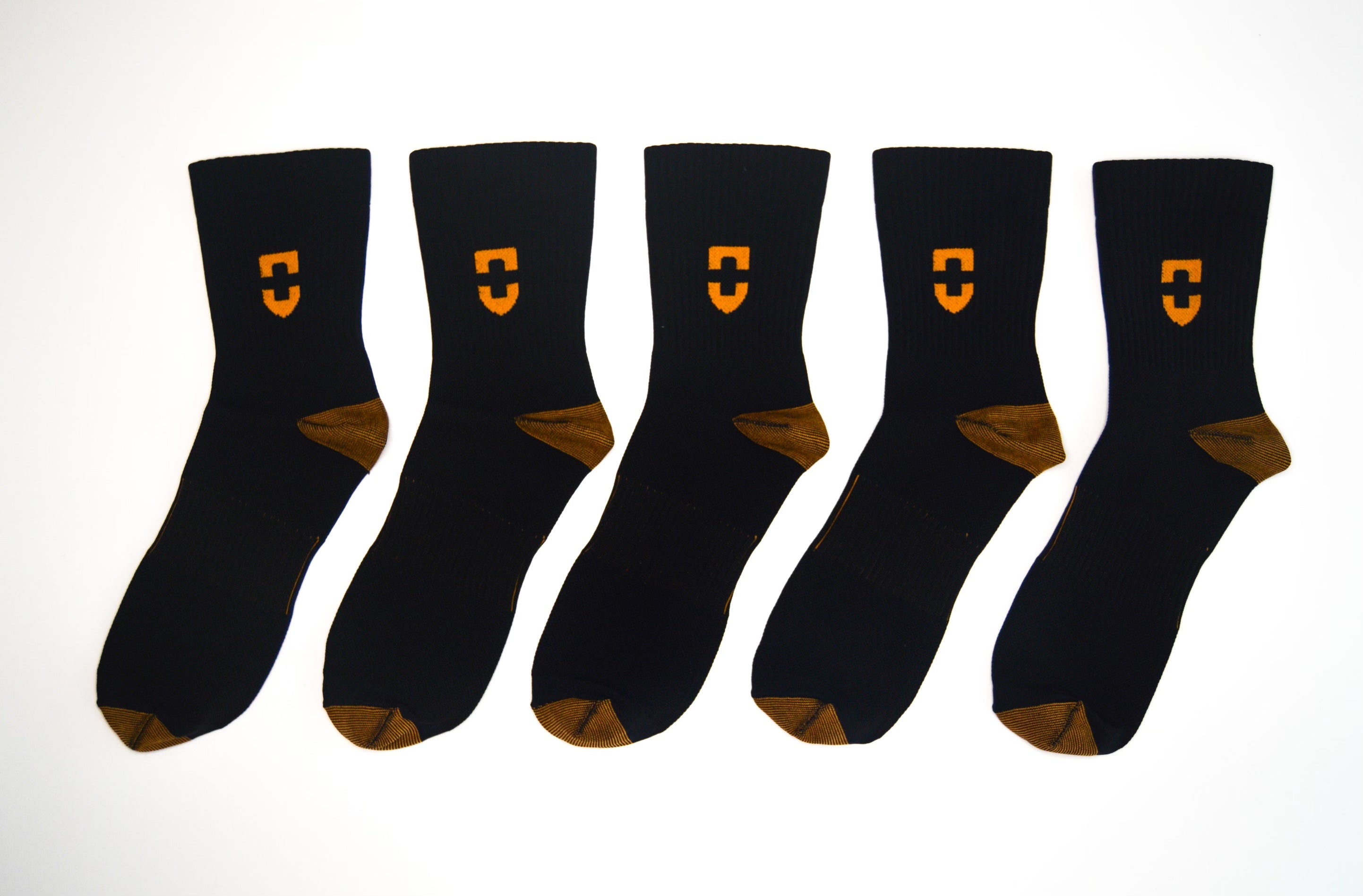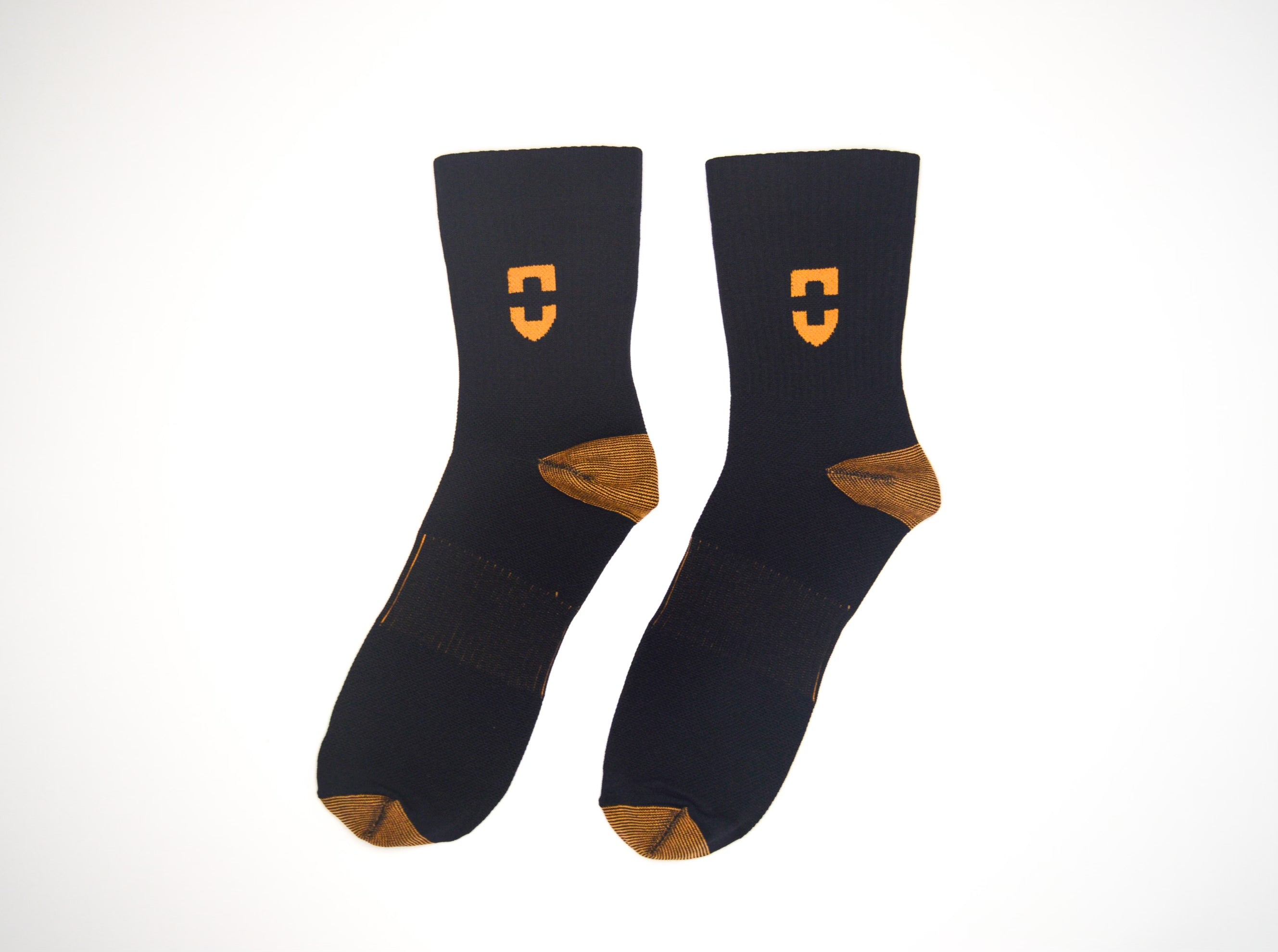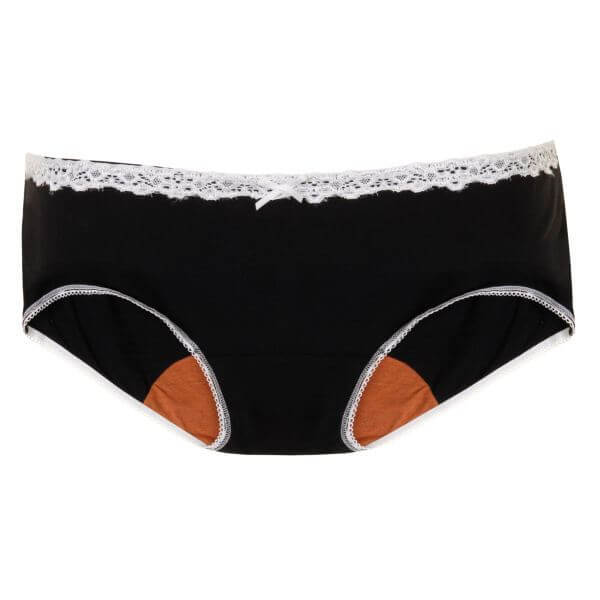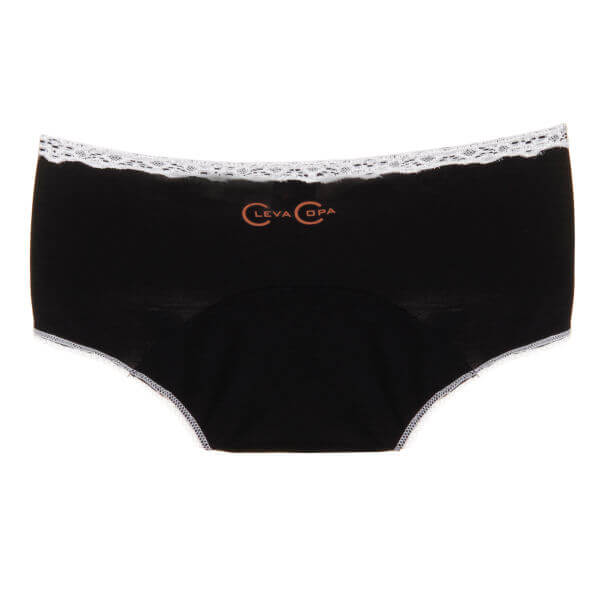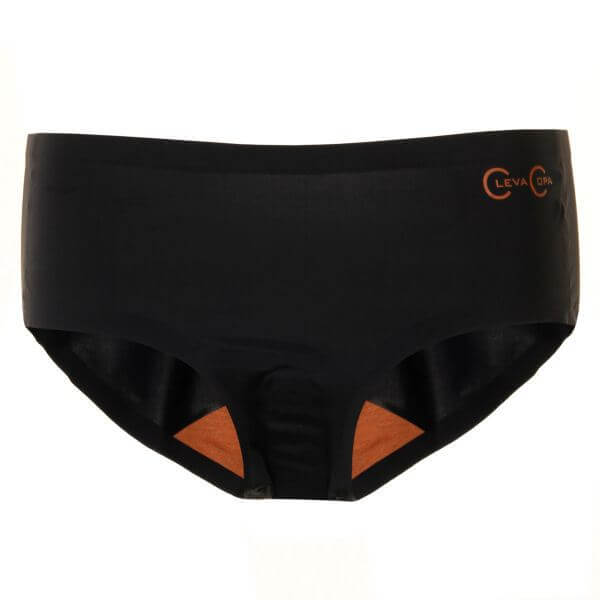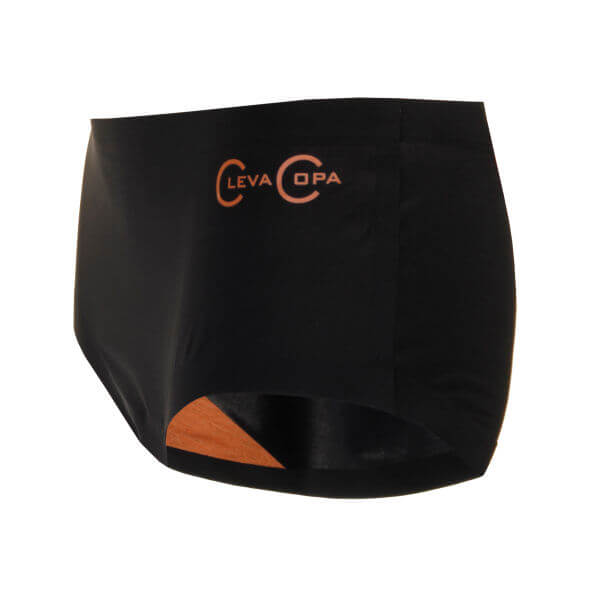Compression Socks for Running: Benefits & Recovery
Published
June 23 2021
If you are seeking a reliable answer to the question in the title, 'Should you wear compression socks for running?', you have landed on the right page. I am sure you’ve already heard a lot about compression socks, from their medical advantages to the misconception about their age-appropriate use, but there is more to simply following the new trend.
For instance, some experts have stated that wearing graduated compression socks for running helps increase blood flow and circulation while others agree that these improve recovery between runs. Although both are correct, the experts haven't covered exactly why runners should wear graduated compression socks for running. Don't worry. I have got your back because I have written this piece keeping solely you runners in mind.
What are Compressions Socks for Running?
Compression socks are elastic socks designed for runners that fit up to the knee. They either stretch over the foot till your knee or begin at the ankle, also referred to as a sleeve. They create compression by squeezing your calf and pressing the veins, muscles and arteries in your legs and feet. This action forces the blood to circulate via the reduced size of the circulatory channels thereby enabling a quicker blood flow back to the heart. The socks work to accentuate the blood circulation going to and from your limbs hence ensuring that your legs are better able to move you along your running path with increased oxygen supply.
Can you wear compression socks while running
Yes, you can wear compression socks while running, and they can be beneficial for improving blood circulation, increasing oxygen delivery, and reducing muscle vibration, which may help with performance and recovery.
While some studies show potential performance benefits, others suggest the effect on immediate performance may be negligible, with the most significant benefits often observed in recovery afterward. It is important to find a comfortable fit, and to consult a doctor if you have any underlying medical conditions.
Significance of Compression Clothing:
Compression therapy has been one of the most trusted ways to treat a wide array of medical conditions and particular health problems, including:
- Circulatory difficulties
- Diabetes
- Leg swelling
- Varicose veins
- Leg ulcers
- Deep vein thrombosis
But with changing times we have seen compression therapy leaping from being recognized solely as a medical treatment to trending and most sought-after athletic gear. Compression gear has gained enough trust and popularity to be seen on professional athletes and recreational runners alike.
Are compression socks good for running?
Now that you understand what compression socks are and what they do, it is time to address the elephant in the room. Should you wear compression socks while running? Do they enhance the performance or boost stamina? I will let the results speak while science does the explaining:
Condition 1:
-
A 2016 study in female 5K runners found that compression socks increased RPE and athletes had to put in more efforts while wearing them.
-
In a 2015 study during a marathon, compression socks failed to improve running pace or prevent exercise-induced muscle damage.
-
Similar results were found among half ironman triathletes regarding performance improvement or muscle damage.
-
Trial runners showed similar results in this study.
Amidst all this, it appears, on the one hand, that compression socks do not necessarily enable faster running or prevent muscle damage during a training run or a race.
However, on the flip side, there are plenty of die-hard running fans who believe compression socks make a significant difference in their training. If you are one of them, you should go with what works for you best!
Condition 2:
Here is the exciting stuff though. Consistent research has suggested that compression socks do play a massive role in lowering recovery time. The majority of recovery research suggests a benefit.
-
In a 2014 study compression garments were seen to lower muscle soreness after a marathon.
-
A 2017 study compared time trial performance among runners who wore compression socks and the ones who did not. The former group maintained similar running performance in both trials, whereas the latter group's performance lowered during the second time trial. It suggested that compression socks offered recovery benefit between trials.
-
In a 2015 study, group one of marathon runners wore compression socks for 48 hours post-race while the other did not. During a treadmill test, 2 weeks before and 2 weeks after the marathon, the compression groups time to exhaustion increased by 2.6% while it decreased by 3.4% for the others.
-
A 2014 review concluded that compression garments effectively reduce the severity of DOMS (delayed onset muscle soreness).
-
In a 2016 review compression garments shown a noticeable reduction in post-run leg soreness and markers of muscle damage.
Benefits of compression socks for running
Here are some compiled scientifically backed and practical benefits of using compression socks for runners:
-
Reduce Swelling & Cramps:
The pressure reduces calf muscle movement and excessive effort from your legs thereby reducing fatigue and retaining energy.
-
Boosts Recovery:
Wearing them for your run decreases the impact on your muscles during and post-run ensuring optimal blood circulation during resting as well.
-
Reduce Lactic Acid:
The constriction prevents blood clots and reduces soreness to prevent lactic acid production from happening.
-
Pain Relief:
The increased blood flow and extra warmth offered by compression socks, lessens soreness in no time.
-
Enhance Blood Flow:
During running, the socks narrow your veins whereby increasing the blood flow to reach your heart quickly.
-
De-intensify Gravity:
The pressure from the socks pushes blood up your legs increasing the flow and creating a steady supply of oxygen and nutrients essential for your legs.
-
Enhance Oxygen Delivery:
Some compression socks that are looser on the top and tighter at the bottom provide gradual compressions ensuring proper circulation and enhanced oxygen supply to the leg muscles.
-
Injury Prevention:
The combination of faster recovery and enhanced pain relief with compression socks significantly reduces the chances of injury.
-
Improves Body Temperatures:
With optimal blood circulation and covering for your lower limbs from cold or wet climates and heat containment for your muscles to stay warm, compression socks for running improve body temperatures.
-
Leg Protection:
Yes, they also protect your legs from abrasions and small scratches, poison ivy on your running trail, and dirt or mud kicked up during the run.
Copper Compression Socks vs Regular Compression Socks: How Copper Is Better?
Copper compression socks are an amazing combination of regular as well as compression socks. With the luxury and comfort of normal socks, the sturdiness and support of compression socks, along with copper ions additionally impregnated on a molecular level into the sock yarn, copper compression socks are:
- Anti-microbial
- Anti-odour
- Anti-inflammatory
- Angiogenesis and improve blood circulation
- Healthier, firmer and softer skin
- Moisture management
- 100% natural and much more
These practical socks provide long-lasting antimicrobial protection and health benefits and hence are truly your best option. Browse through our dedicated guide on copper compression socks to understand everything in detail.
Boost your performance and recover faster with compression socks for running
Buy NowWhen Not to Wear?
Some people might be unsuitable candidates for donning compression stockings due to some conditions. If you fall under this category, you should ideally consult your doctor before using compression hosiery or therapy. You may need to avoid using compression socks if you are suffering from:
-
An impaired arterial flow since the compression socks or therapy may lead to ischemia-related complications (a poorly oxygenated bloodstream).
-
Diabetes or congestive cardiovascular breakdown and their complexities since the initial ease to the swelling with compression socks in these conditions may later cause problems.
-
Sensitive skin and other conditions influencing skin sensation, infection, and thinning.
Since you have made it so far with us, to conclude we can say that yes, compression socks may provide considerable benefits during your daily runs. Wearing a pair of compression socks during the last miles of your run will aid faster recovery afterwards and prevent swelling.
However, you shouldn't use them solely as a cure for your running pains and aches because they are not designed to cure injuries. They might be a beneficial addition to your running gear, but you should also prioritize the happiness and health of your body aided by appropriate rest. Above all else, choose the right pair of running shoes and don't shy away from asking for medical help if needed.


